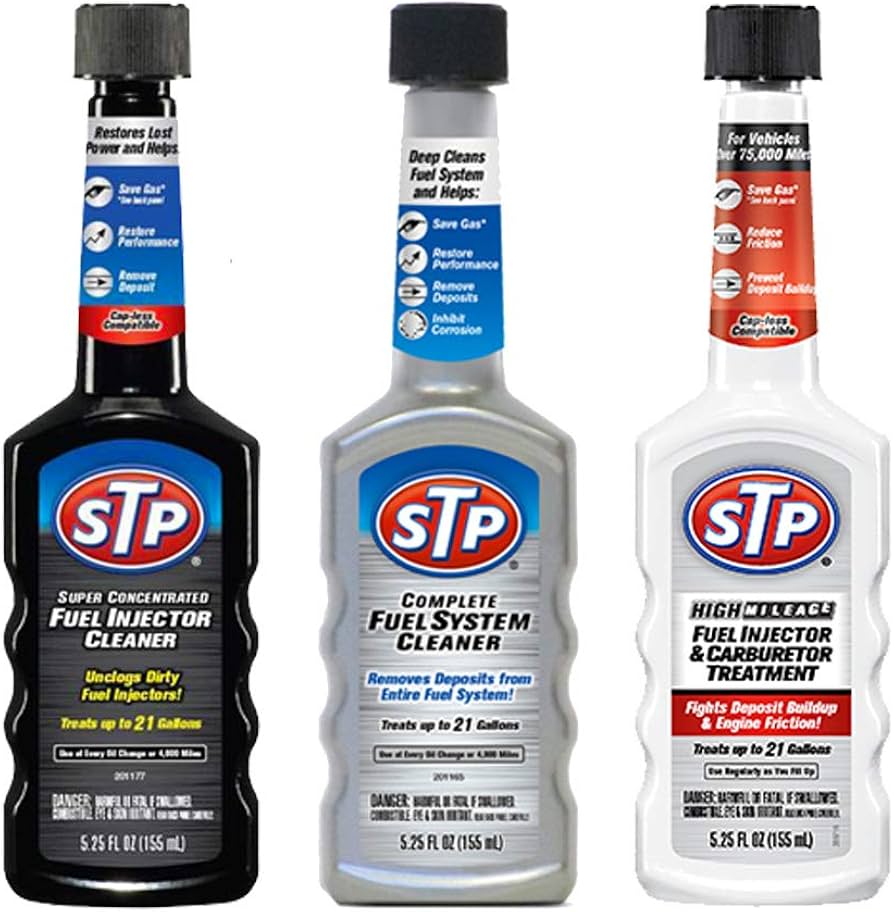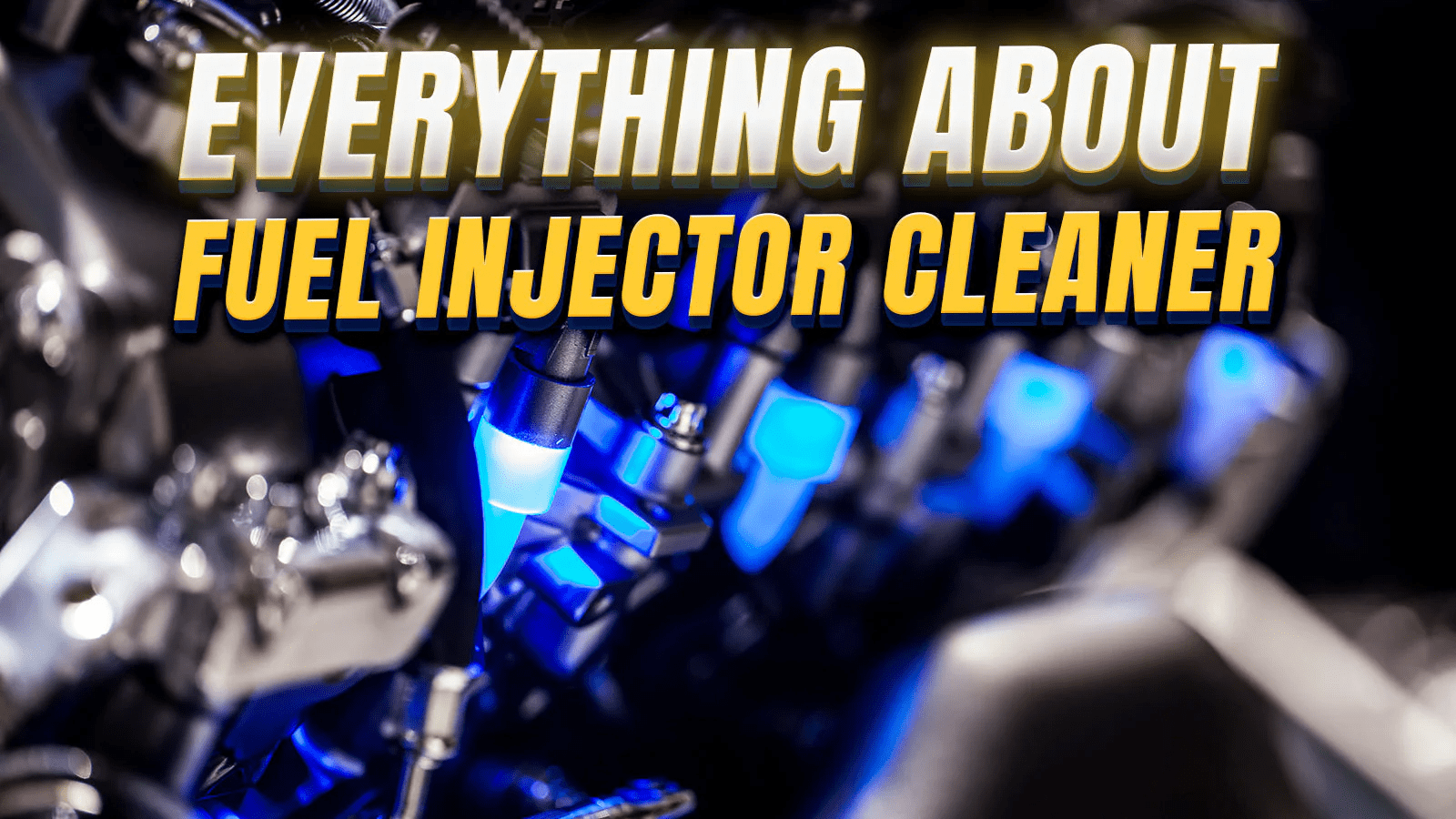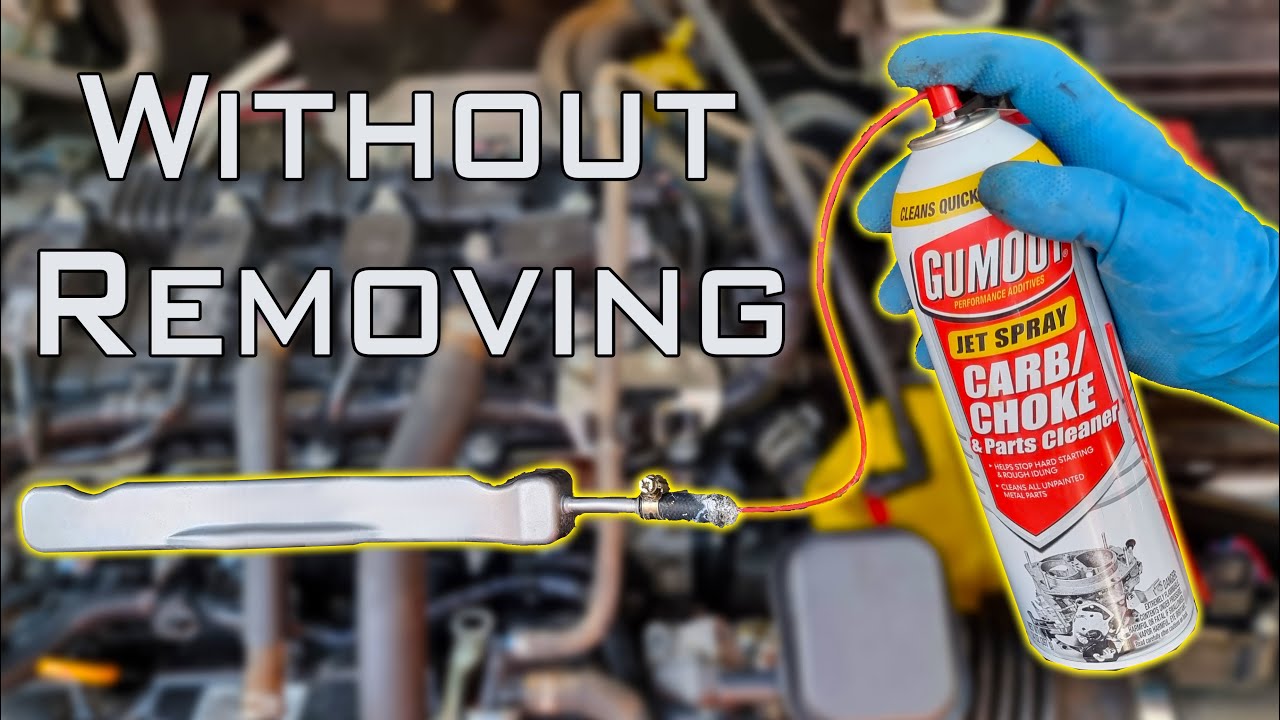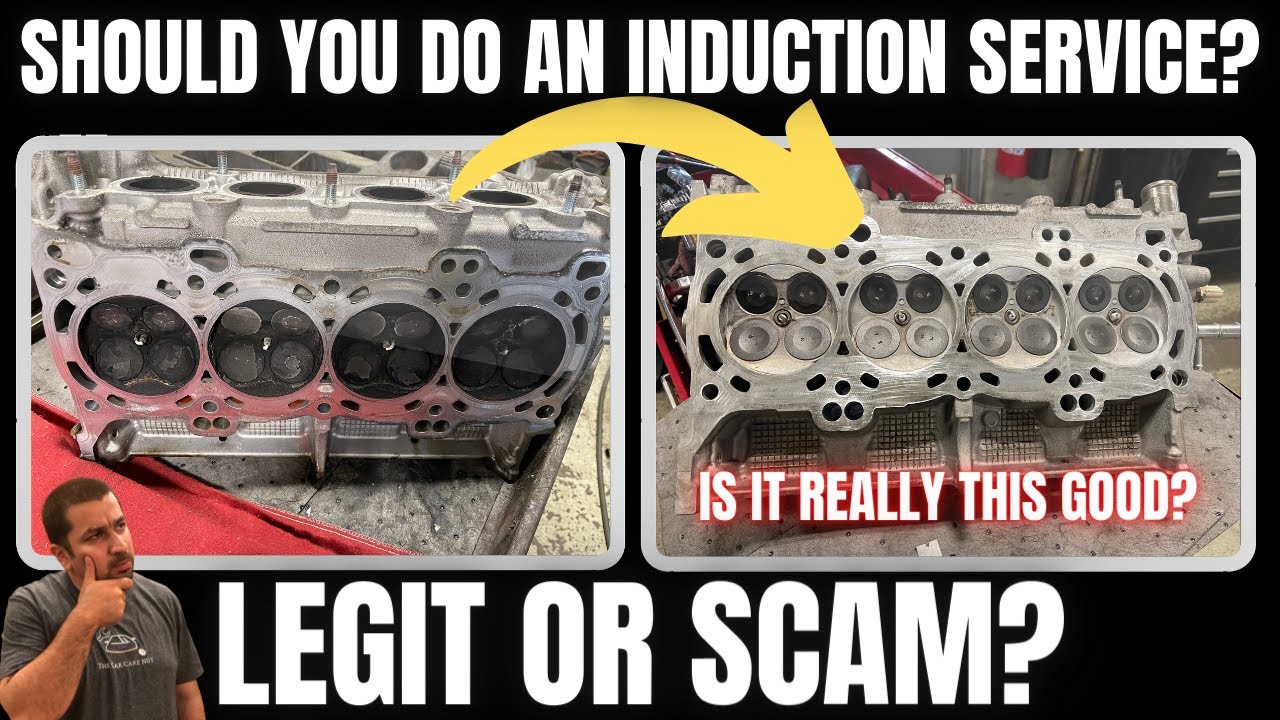Save Money or Avoid Disaster? We Compare Methods, Costs, and Effectiveness to Keep Your Engine Running Smoothly!
1. Why Fuel Injector Cleaning Matters ⚠️
Clogged or dirty fuel injectors disrupt your engine’s performance by:
- Reducing fuel efficiency by up to 15% (DOE).
- Causing misfires and rough idling.
- Increasing emissions (failed smog tests).
- Damaging engine components over time.
Key Stat: 1 in 5 cars with 75k+ miles has significant injector deposits (SAE study).

2. Signs Your Fuel Injectors Need Cleaning 🚨
- Check engine light (codes P0171, P0300).
- Poor acceleration or hesitation.
- Rough idle or stalling.
- Fuel smell from exhaust.
- Lower MPG.
Pro Tip: Test injector balance with a mechanic’s scan tool to confirm issues.
3. DIY Fuel Injector Cleaning Methods 🛠️
① Fuel Additives (Cheapest)
- How it works: Additives like Chevron Techron or Sea Foam dissolve deposits as you drive.
- Cost: 10–20 per bottle.
- Pros: Easy, no tools required.
- Cons: Only cleans mild buildup; ineffective for severe clogs.

② Homemade Solvent Kit (Intermediate)
- How it works: Use a pressurized canister (e.g., BG 44K) hooked to the fuel rail to circulate cleaner.
- Cost: 50–100 (kit rental).
- Pros: More thorough than additives.
- Cons: Risk of damaging seals with harsh chemicals.
③ Ultrasonic Cleaner (Advanced)
- How it works: Remove injectors and soak them in a solvent tank with ultrasonic waves.
- Cost: 150–300 (cleaner) + labor.
- Pros: Deep cleans hardened deposits.
- Cons: Time-consuming; requires technical skill.
Warning: Improper reinstallation can cause leaks or engine damage!
4. Professional Fuel Injector Cleaning Services 🔧
① On-Car Service (100–200)
- Process: Machines like BG Injector Cleaner flush solvents through the fuel system.
- Pros: Safe, tests injector flow rates.
- Cons: Limited to injectors; doesn’t clean intake valves (direct injection engines).
② Off-Car Ultrasonic Cleaning (150–400)
- Process: Remove injectors; clean and test flow rates in a shop.
- Pros: Most thorough method; replaces seals/filters.
- Cons: Labor-intensive; higher cost.
③ Walnut Blasting (Direct Injection Engines) (300–800)
- Process: Blasts walnut shells to scrub carbon off intake valves.
- Pros: Fixes rough idle and power loss.
- Cons: Only for direct injection engines; requires disassembly.

5. DIY vs. Professional: Key Differences 📋
| Factor | DIY | Professional |
|---|---|---|
| Cost | 10–300 | 100–800 |
| Effectiveness | Mild to moderate cleaning | Comprehensive cleaning |
| Time | 20 mins–2 hours | 1–4 hours |
| Risk | Chemical leaks, errors | Minimal (if done by pros) |
| Tools Needed | Additives, basic tools | Specialized equipment |
6. When to Choose DIY vs. Pro 🏁
- DIY If:
- Symptoms are mild (slight MPG drop).
- You’re comfortable with basic tools.
- Preventing buildup (e.g., using additives every 3k miles).
- Go Pro If:
- Check engine light is on.
- DIY methods failed.
- You drive a direct injection engine (e.g., VW, Hyundai, Ford EcoBoost).
7. Cost of Neglect 💸
- Clogged injectors: 150–300 cleaning vs. $1k+ for new injectors.
- Catalytic converter damage: Clogs from unburned fuel ($1,200+).
- Engine misfires: Worn spark plugs or coils (300–600).
8. FAQs ❓
Q1: How often should injectors be cleaned?
A: Every 30k–45k miles for port injection; 15k–30k for direct injection.
Q2: Do fuel additives work?
A: Yes, for maintenance—not for severe clogs.
Q3: Can I clean injectors without removing them?
A: Yes, via fuel additives or on-car machines.
Q4: Are OEM injectors better than aftermarket?
A: OEM ensures compatibility, but quality aftermarket (Bosch, Denso) works.
Q5: Can bad gas clog injectors?
A: Yes! Always use Top Tier detergent gas (Shell, Chevron).
9. Pro Tips for Healthy Injectors 💡
- Use premium fuel: Higher detergent levels prevent buildup.
- Replace fuel filters: Every 20k–30k miles.
- Avoid ethanol blends: E85 attracts moisture, corroding injectors.
10. Free Fuel System Care Guide 📝
[🔗 Download Your Free PDF Here]
Includes:
- DIY additive schedule.
- Signs of failing fuel pumps.
- Top injector cleaner brands.
Expand Your Automotive Knowledge 📝
Explore 500+ Free Expert-Curated Guides
🚗 Learn New Skills
From basic maintenance to advanced repairs — clear, actionable tutorials for every skill level.
🌍 Access Anywhere
Mobile-friendly guides with HD visuals. No downloads required.
- Guides & Tutorials
- Car Maintenance 101
- Diagnostics & Troubleshooting
- Seasonal Maintenance
- Budget-Friendly Repairs
- Electrical Systems Guide
- Car Safety & Reliability
- Tools & Product Reviews
- Routine Maintenance
- Car Modifications & Upgrades
- Buying/Selling Guides
- Eco-Friendly Car Care
- Advanced Repairs
- Car Laws & Compliance
- Emergency Repairs
- Future Car Tech




